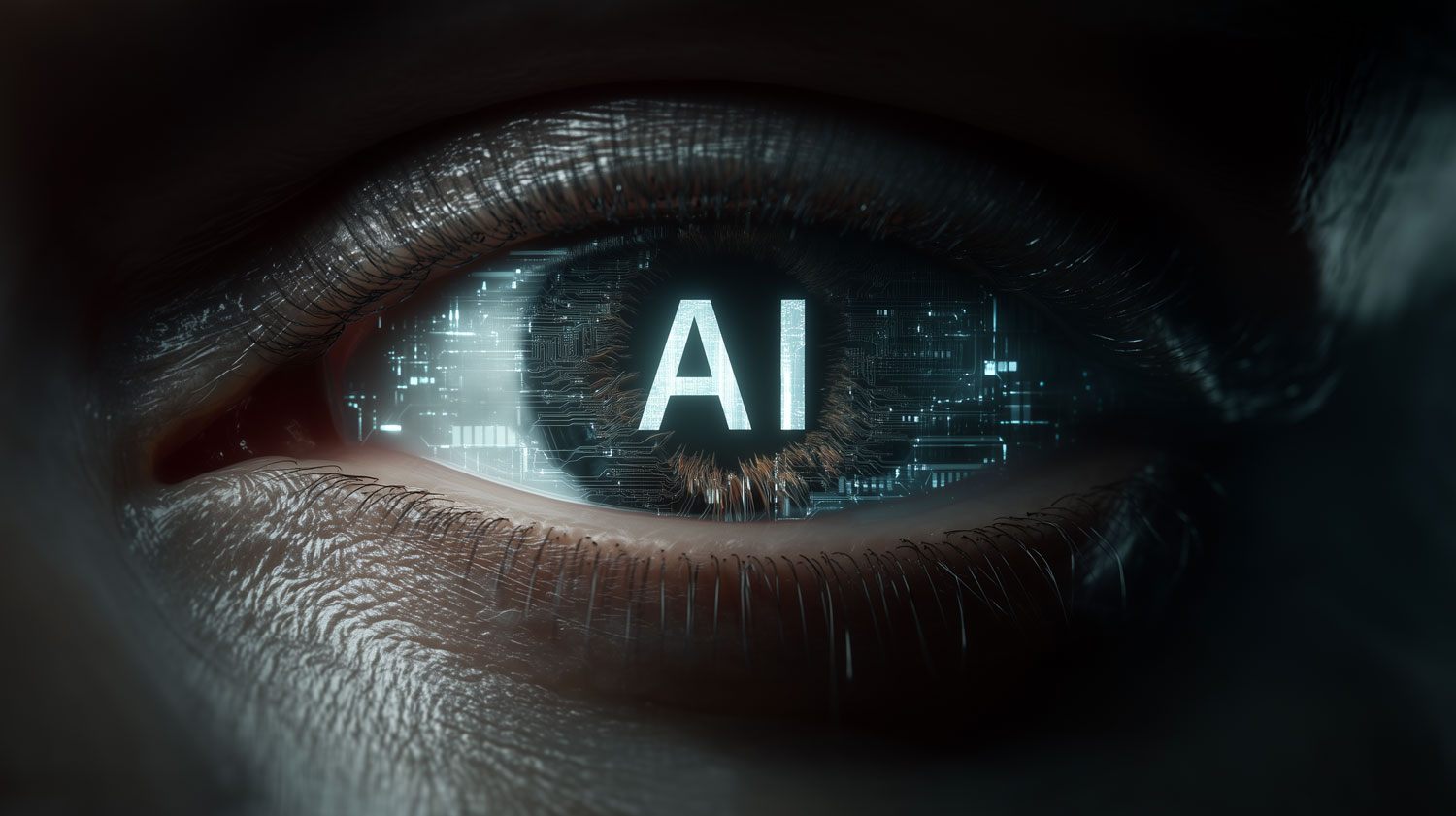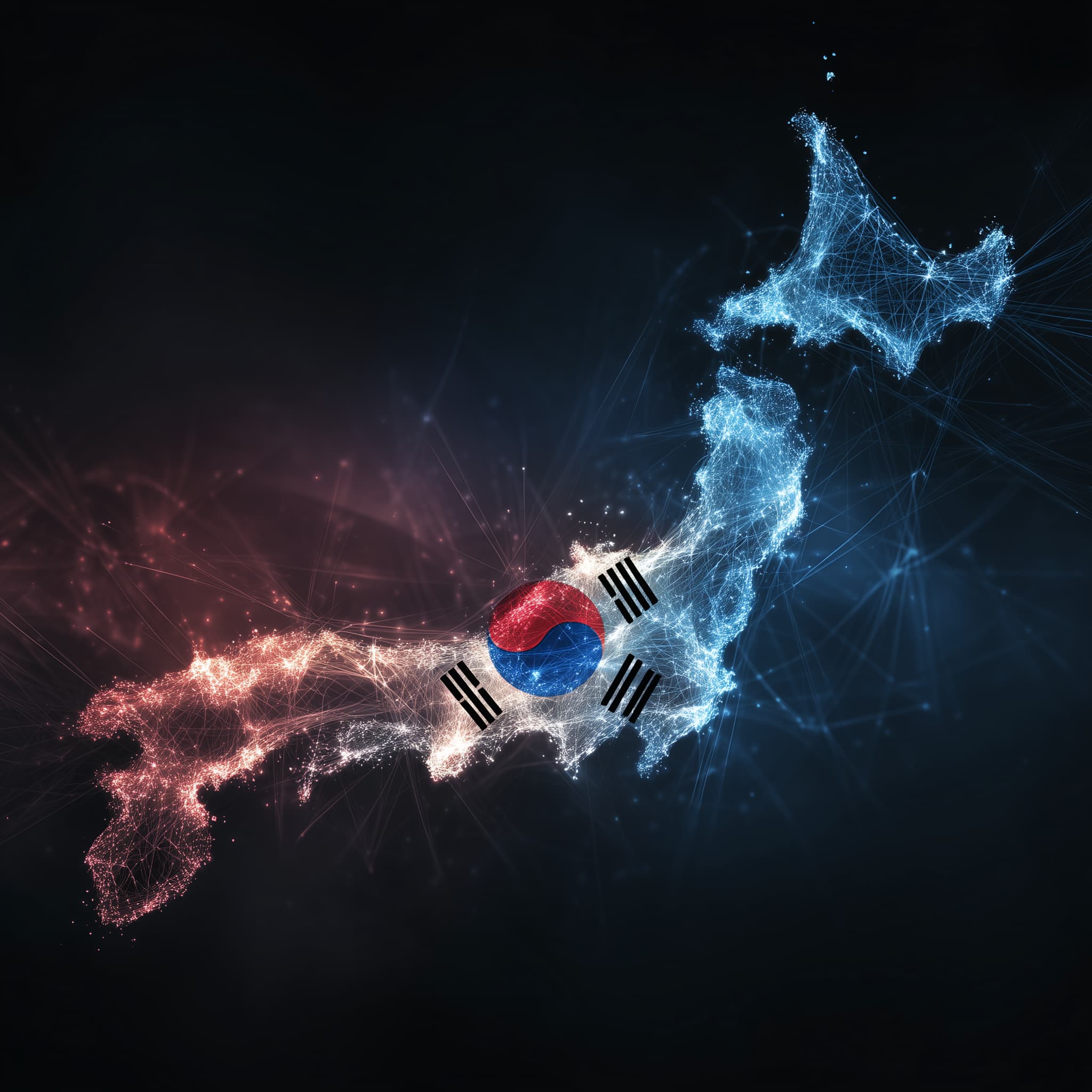$800M Investment Signals Fundamental Defense Transformation

The Pentagon's AI Revolution
The Department of Defense's Chief Digital and Artificial Intelligence Office (CDAO) has awarded four technology companies—Anthropic, Google, OpenAI, and xAI—individual contracts valued at up to $200 million each to develop frontier AI capabilities for national security challenges. This $800 million total investment signals a fundamental shift in how America approaches defense in the AI era.
Strategic Implications Beyond the Headlines
These awards mark a watershed moment in defense procurement and national security strategy. By engaging directly with leading AI companies rather than traditional defense contractors, the Pentagon acknowledges that technological superiority in AI has become as critical as conventional military capabilities.
The contracts enable deployment of cutting-edge AI technologies including large language models, agentic AI workflows, and advanced reasoning systems across both warfighting and enterprise domains. This breadth of application—from battlefield intelligence to logistics optimization—demonstrates AI's potential to transform every aspect of military operations.
Silicon Valley Meets the Pentagon
The selection of these four companies reveals strategic thinking about AI capabilities and organizational readiness:
Anthropic: Known for Claude's advanced reasoning capabilities and constitutional AI approach, Anthropic brings sophisticated safety mechanisms crucial for defense applications. Their focus on interpretability and controlled AI behavior aligns with military requirements for predictable, auditable systems.
Google: With years of cloud infrastructure experience and recent achievement of Impact Level 6 security accreditation for Google Distributed Cloud, Google offers both AI capabilities and the secure infrastructure to deploy them at scale. Their 71% discount on Workspace software through the OneGov initiative demonstrates commitment to government partnerships.
OpenAI: Already holding a separate Pentagon contract for AI prototypes, OpenAI's ChatGPT technology and GPT-4 capabilities provide proven large language model performance. Microsoft's integration of OpenAI technology into Azure at the highest security classification levels creates additional deployment options.
xAI: Elon Musk's newest entrant brings Grok's real-time information processing capabilities and announces "Grok for Government"—a suite specifically designed for federal use. Their rapid GSA schedule approval enables procurement by any federal agency, suggesting aggressive government market positioning.
The competition for AI talent extends beyond government contracts—Meta's $200 million talent packages illustrate how private sector AI competition is reshaping compensation expectations across the entire technology landscape.
Beyond Traditional Defense Contractors
This direct engagement with AI companies represents a departure from traditional defense procurement patterns. Rather than waiting for established contractors to develop AI capabilities or serve as intermediaries, the Pentagon is working directly with technology innovators. This approach offers several advantages:
Speed of Innovation: AI companies operate on Silicon Valley timelines, iterating rapidly compared to traditional defense development cycles
Talent Access: Direct relationships provide access to top AI researchers who might not work for traditional defense contractors
Dual-Use Technology: Commercial AI development benefits defense applications while defense requirements push commercial capabilities forward
Cost Efficiency: Leveraging existing commercial platforms reduces development costs compared to purpose-built military systems
Operational Transformation Across Domains
The contracts specify development of capabilities across "warfighting and enterprise domains," suggesting comprehensive AI integration:
Warfighting Applications:
Real-time intelligence analysis and threat assessment
Autonomous system coordination and control
Predictive maintenance for military equipment
Enhanced decision support for commanders
Multi-domain operational planning
Enterprise Applications:
Supply chain optimization and logistics
Personnel management and training
Financial systems and audit automation
Healthcare delivery optimization
Cybersecurity enhancement
The Global Competition Context
These contracts must be understood within the context of global AI competition, particularly with China. The Pentagon's move to directly engage leading AI companies represents recognition that maintaining technological superiority requires accessing the best commercial innovations, not just traditional defense R&D.
China's military-civil fusion strategy has long integrated commercial technology into defense applications. The Pentagon's direct contracts with AI leaders represent a more focused American response—leveraging market-leading capabilities while maintaining security boundaries.
Challenges and Considerations
While the strategic logic is compelling, implementation faces several challenges:
Security and Classification: Integrating commercial AI systems with classified data and operations requires sophisticated security architectures. Each company must navigate complex requirements for handling sensitive information while maintaining their commercial operations.
Ethical Considerations: Military AI applications raise profound ethical questions about autonomous weapons, decision-making in lethal situations, and accountability. The selected companies bring different philosophical approaches to AI safety and ethics, which must be reconciled with military requirements.
Talent Retention: Many AI researchers have reservations about military applications. Companies must balance defense work with maintaining their ability to attract top talent who may prefer purely civilian applications.
Technology Transfer: Protecting advanced AI capabilities from adversary acquisition while enabling necessary information sharing among allies presents ongoing challenges.
Market Signals and Industry Impact
The awards send clear signals to both the technology and defense industries:
AI as Critical Infrastructure: By treating AI companies as strategic partners rather than mere vendors, the Pentagon elevates AI to critical infrastructure status
Direct Procurement Path: Other AI companies now see a clear path to defense contracts without traditional prime contractor relationships
Investment Validation: The contracts validate venture investment in AI companies as supporting national security, potentially easing some investor concerns about defense work
Looking Forward: The Transformation Accelerates
These contracts represent the beginning rather than the end of defense AI transformation. With the Pentagon's FY2026 budget request seeking billions for AI and autonomous systems, expect:
Expanded contracts with current recipients as capabilities prove valuable
Additional AI companies entering the defense market
Traditional defense contractors accelerating their own AI acquisitions and partnerships
Allied nations following similar direct engagement models
Rapid operational deployment of AI capabilities across military branches
Strategic Implications for National Security
The $800 million investment across four leading AI companies fundamentally changes the defense technology landscape. By directly engaging commercial AI leaders, the Pentagon acknowledges that future conflicts will be won not just through traditional military might but through superior information processing, decision-making speed, and technological adaptation.
For the selected companies, these contracts provide not just revenue but the opportunity to shape how AI transforms national security. For the Pentagon, direct access to cutting-edge AI capabilities could provide the decisive advantage in an era where information superiority determines strategic outcomes.
As Chief Digital and AI Officer Dr. Doug Matty noted, this represents "transforming the Department's ability to support our warfighters and maintain strategic advantage." That transformation is no longer theoretical—with these contracts, it's operational reality.
Related News


